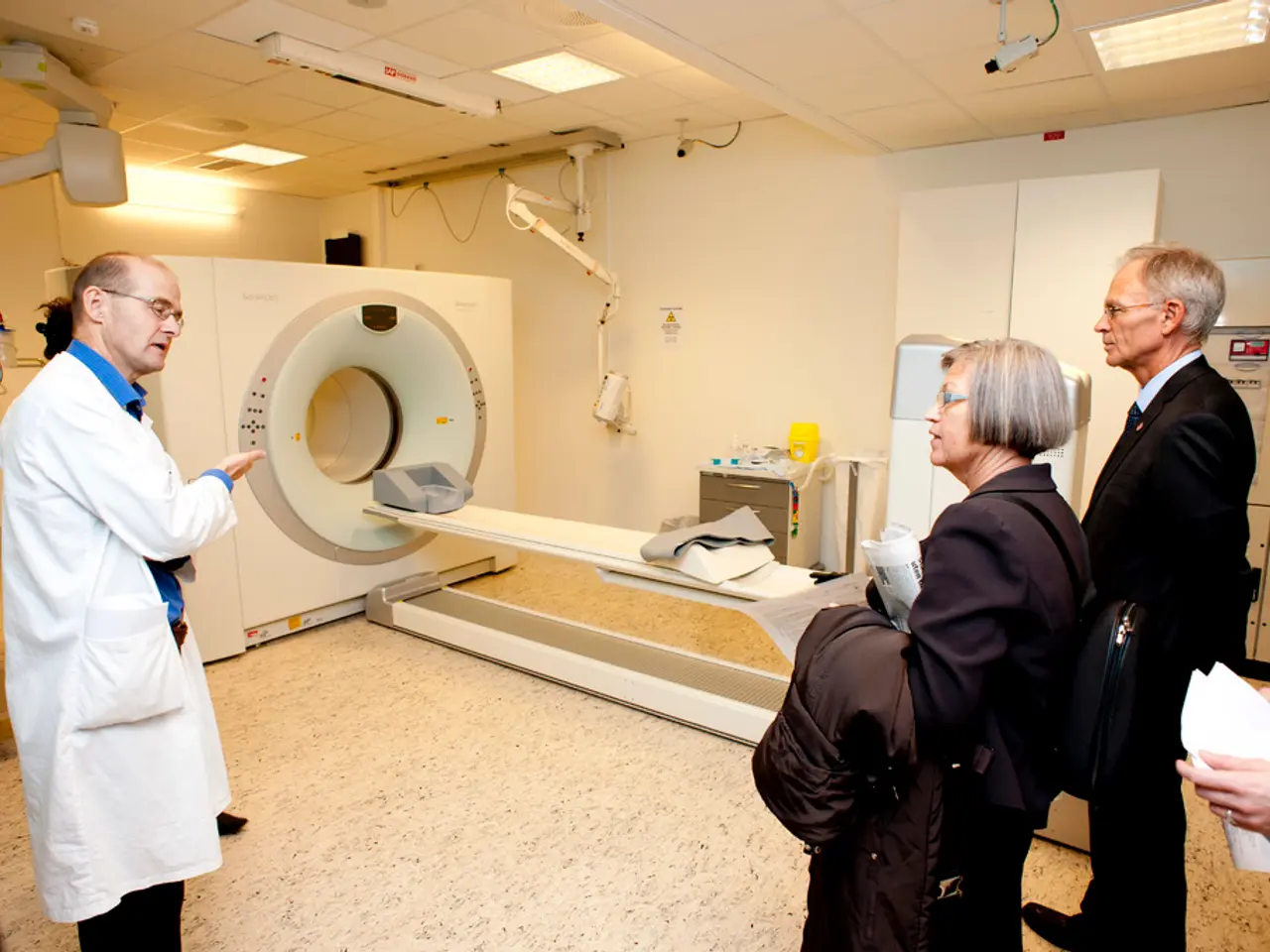Edward Syndrome Explained: An Overview of a Rare Genetic Disorder
Edward's Syndrome, also known as Trisomy 18, is a severe genetic disorder that affects approximately 1 in every 5,000 live births. This condition occurs due to a genetic error during cell division, known as nondisjunction, which results in the presence of an extra copy of chromosome 18.
The extra chromosome disrupts normal development, leading to a range of physical and intellectual disabilities. Children with Edward's Syndrome typically exhibit multiple congenital abnormalities, such as heart defects, growth delays, and other physical anomalies affecting various organ systems. These contribute to the high mortality and morbidity rates observed in affected individuals.
Survivors usually experience severe developmental delays and intellectual disability. The neurological impairments relate to the fundamental chromosomal abnormality and associated brain structure abnormalities, limiting cognitive and motor skill development.
The syndrome also imposes an emotional and psychological burden on families, including grief and the stress of managing a child with complex medical needs. Emotional support and genetic counseling are critical for families coping with the diagnosis.
Understanding Edward's Syndrome is crucial for effective management, and families can access a wealth of information through medical professionals, online resources, and educational materials. The Trisomy 18 Foundation, the National Down Syndrome Society, and local support groups are examples of organisations that provide resources and support for families affected by Edward's Syndrome.
Various treatment options can help manage symptoms and improve the quality of life for individuals with Edward's Syndrome. Supportive care is essential for enhancing the quality of life, and may involve palliative care, family support, and long-term care. Medical management focuses on addressing health issues associated with Edward's Syndrome, including cardiac care, nutritional support, and physical therapy.
If Edward's Syndrome is not diagnosed during pregnancy, it may be identified after birth through a physical examination and genetic testing such as amniocentesis or chorionic villus sampling (CVS). During pregnancy, an Edward's Syndrome ultrasound can help identify potential markers of the condition, such as abnormalities in fetal growth, heart defects, and structural anomalies.
While specific long-term outcomes vary, Edward's Syndrome generally results in limited lifespan and profoundly impaired development, necessitating coordinated medical care and support services. The condition contrasts with other chromosomal aneuploidies like Down Syndrome, which may have milder long-term developmental effects.
Families can benefit from a variety of resources and support systems, including support groups, educational resources, and financial assistance programs. It is essential to remember that every individual with Edward's Syndrome is unique, and their care plan should be tailored to their specific needs. Living with Edward's Syndrome requires a comprehensive care plan, often including regular medical check-ups, therapies, and supportive care.
The frequent FAQs about Edward's Syndrome include information about symptoms, life expectancy, diagnosis, causes, and support resources for families affected by the condition. If you or someone you know is affected by Edward's Syndrome, it is important to seek out the support and resources available to help navigate this challenging journey.
Science plays a vital role in understanding Edward's Syndrome, a severe genetic disorder affecting multiple organ systems and leading to medical conditions like heart defects and growth delays. Health and wellness resources, such as the Trisomy 18 Foundation, provide critical support for families coping with the diagnosis and managing a child with complex medical needs.




